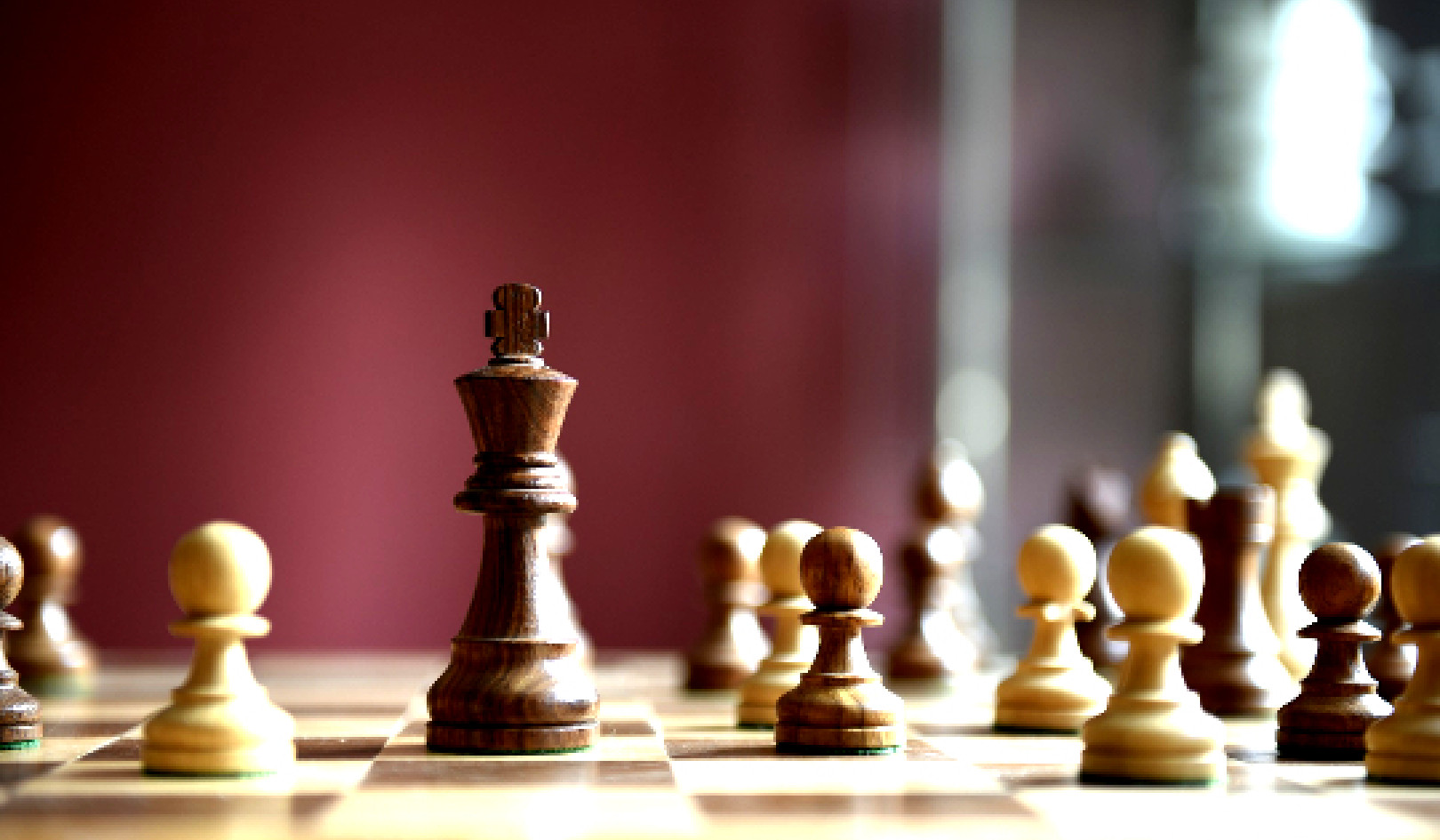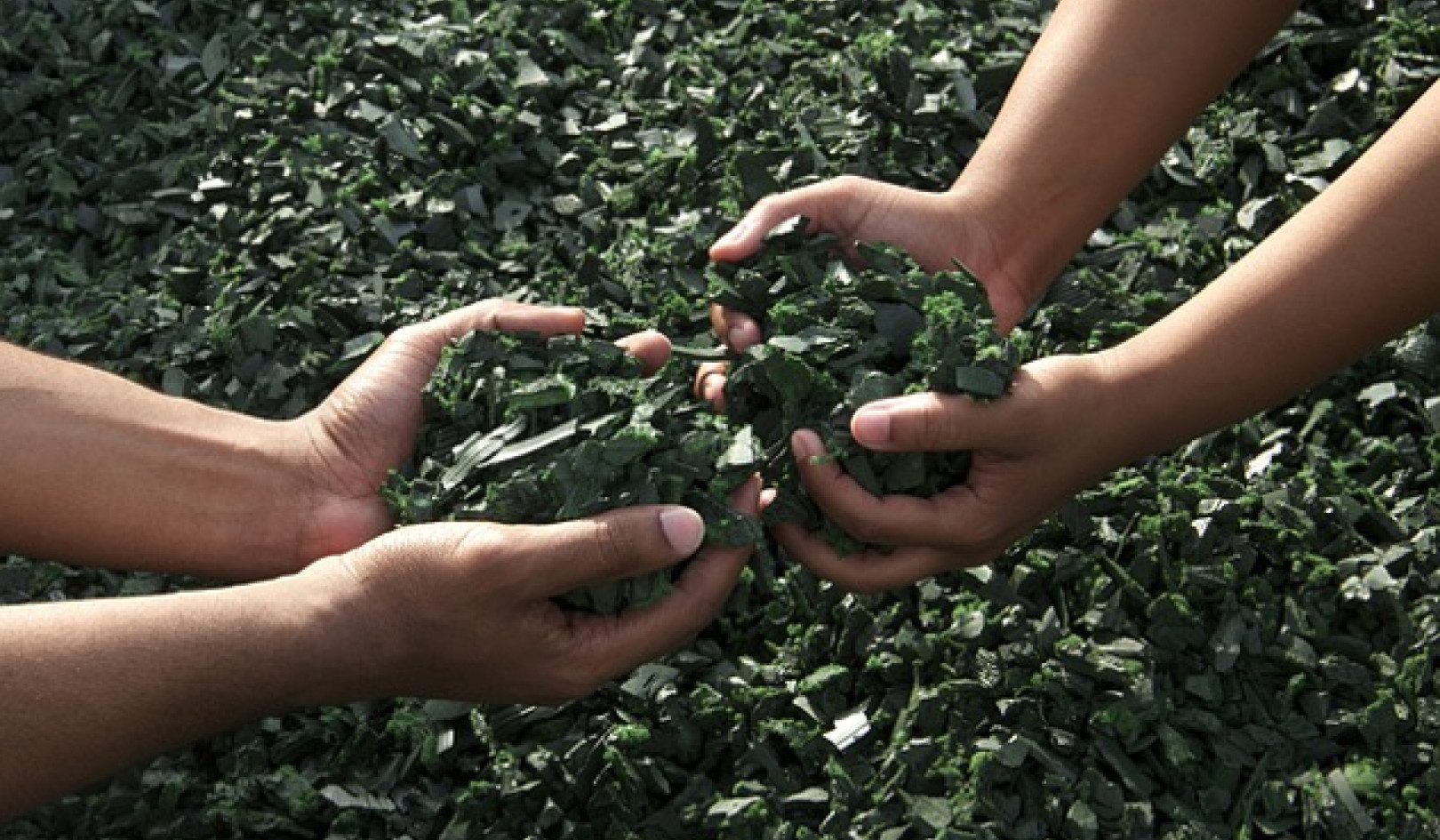
(Editor's Note: While this article refers to drug addiction, we can apply this article's tenets to any of our addictive behaviors: compulsive texting, email-checking, cell phone dependency, sweet-tooth or junk food addiction, TV or internet-watching, co-dependency, as well as the more "traditional" addictions such as smoking, drinking, chemical dependencies, etc.) You could replace the word "drugs" in this article with whatever has been your personal addictive behavior.
A balanced life is the ultimate goal of overcoming addiction and the definitive sign of success. Addiction is a disease of extremes, so achieving a balanced life is a sure step toward overcoming addiction and being successful in recovery.
In the final analysis, success in recovery lies in finding a sense of balance in life without using drugs. We often say we “lose control” with drugs, which is to say we lose our sense of balance and fall, as in “falling off the wagon.” Our successful recovery means regaining a sense of proportion. We seek to balance what we take from life with what we give back. We all have certain needs — physical, emotional, and intellectual — and we all have certain strengths and gifts.
Our sense of worth arises both from how well we take care of ourselves and from how much we give to others. Recovering addicts often talk about what they get from giving. Thus, in all things, a sense of balance is what we strive for. Achieving this is what truly distinguishes “growing up” from just “growing old.”
Even if you are not there yet, eventually, through hard work and perseverance, and always with the help of the trusting relationships you establish and maintain, you will successfully overcome your addiction and live a nonaddicted life characterized by good physical and mental health, personal responsibility, strong connections to family and friends, and generous contributions to society.
However, by this point, you might rightfully be wondering: Is that all there is? Isn’t life about more than just balance? Why are we here? What are we here for?
That’s what this chapter is about, and as we begin, I have some good news and some bad news.
The Ultimate Goal: The Search for Meaning
The good news is that only by overcoming addiction can you genuinely tackle these questions. Until you free yourself from your addiction, you are in no position to seek the true meaning of being alive, the meaning that gives your life purpose, that clarifies your place in history and your relationship to the universe.
Of course, everyone asks these existential questions, but addicts are in no position to answer them. As the old saying goes, “When you are up to your ass in alligators, it is hard to remember that the primary objective is to drain the swamp.” Someone in the depth of an addiction is not in any shape to consider the meaning of life; their whole being is wrapped up in looking for the next fix.
What’s the bad news? The bad news is that you no longer have drugs as a crutch. You must discover your purpose and what is meaningful to you on your own. But don’t let this make you feel anxious or discouraged. Being free of drugs and on your own is both your right and your privilege. You should feel proud to be at this point. The meaning of life is very much an individual matter. It is up to you alone to discover your purpose in being here.
A Healthy And Meaningful Life
The truth is, eventually medicine and philosophy come together, and all the things that matter for a healthy and meaningful life become intertwined. Science, including neuroscience, is an excellent way to investigate the physical, material world, but there is more to life than physics, chemistry, and biology. Some aspects of life do not yield particularly well to scientific investigations, things like good and evil, values and morals, and the meaning of life. Such matters require contemplative investigation.
Indeed, this is where mindfulness, mindfulness training, and mind over matter — or mind over brain and body matter — come in. All of this is made possible by that mysterious sense of self, self-awareness — whether you call it your mind, soul, consciousness, or whatever. The real you is expressed through the harmonious working of the triune brain, and it is far more than the sum of the individual outputs of the three brains.
The investigation of the mind has been pursued and mastered by wise people of all ages, and it involves refined attention, concentration, and focused introspection through meditation and other techniques. There is even a newly recognized branch called “contemplative neuroscience” that provides some contemporary scientific understanding of the subject matter.
For instance, one thing we’ve discovered is that pondering questions about the meaning of life vigorously exercises the brain, and brain exercise creates new connections of neurons and neural circuits — as the saying goes, neurons that fire together grow together. In turn, this increases one’s intelligence, intuition, and insight. Even if you don’t reach satisfactory answers, asking these questions makes you a brighter and better person, which isn’t a bad thing, either.
In any case, the important thing to remember is that our sense of self-awareness is uniquely human, and it allows us to observe our own brain, to have mastery over it, and to exercise and improve it. As with all things, the search for meaning improves with practice, which eventually leads to an even richer and more meaningful life.
To quote the Dalai Lama: “Whether we see ourselves as random biological creatures or as special beings endowed with the dimension of consciousness and moral capacity will make an impact on how we feel about ourselves and treat others.”
What Is Spirituality?
What people find meaningful is diverse and various. Some people believe we live for the glory of God, while others see our purpose as nothing more than passing on our DNA and genes. They believe we are nothing but a vessel, a carrier with no purpose of its own. Most of us lie somewhere in between — we may not be exactly sure why we are here, but we feel it’s to do more than procreate. Certainly, when we realize our time on earth is limited, we tend to seek out spirituality. In these moments, as it were, “God” of Moses’s burning bush tends to win out over author Matt Ridley’s “GOD,” the “Gene Organizing Device.”
Many people in recovery look to spirituality for the source of meaning in their lives, but even here spirituality means different things to different people. In a broad sense, spirituality means the deepest level from which a human being operates or the philosophical context of a person’s life — what defines their values, attitudes, and morals. Others define spirituality as related to our spirit or soul, or as our relationship with God.
Whatever spirituality means to you, its role is to provide answers to those eternal questions: Who am I? What am I here for? Who do I have to be to approve of myself? What does success mean to me? What will make me feel satisfied with my life?
To maintain a drug-free life, you must be comfortable with yourself. Spirituality is what gives you the sense of inner peace that makes using drugs unnecessary.
That said, remember that addiction is a disease of extremes, and it is also possible to go to the extreme of trying too hard to be good or spiritual. Some recovering addicts overcompensate by becoming overly devout, or even addicted to spirituality. As always, balance is the key.
Example of a Balanced Life Philosophy: Buddhism
Many people throughout history and in every culture have been able to achieve peace of mind and great tranquillity by achieving a sense of balance. Buddha is one such example. Buddhism is not a religion; it is a life philosophy, a way of life. While it is beyond the scope of this book to fully describe Buddhism, I recommend exploring what it’s about. Buddhism is a great way to learn how a certain perspective can enlighten you on what life is all about.
In short, the core of Buddhist philosophy involves three basic beliefs: first, that all things are impermanent (aniccalakkhana), meaning nothing lasts; second, that all things entail suffering (dukkha), or hassles big and small; and third, that all things are nonself (anatta), meaning you cannot truly possess anything.
Do you detect a familiar ring to all of this? The basic Buddhist life philosophy is not all that mysterious. It reflects what the wise have always proclaimed, namely, that nothing lasts forever, life is full of suffering, and you can’t take anything with you.
In the material world we live in, it is hard to forgo all our earthly desires. Some Buddhist practitioners achieve nirvana through meditation and living a simple life, but few of us can do that in the way that they do. Still, these principles are worth reflecting on, so that they might influence the way we live.
Mama Ling’s Advice
My mother, Mama Ling, was not a philosopher, and she never went to college, but she was a great observer of human motivation and behavior. She lived to be over one hundred years old, so she had a long time to watch people and see how things turned out. Mama Ling was very fond of sharing her wisdom in the form of aphorisms or old sayings, many of which I now use myself. The things my mother said were not particularly original, but they captured enduring truths, and she used these sayings in just the right way and at just the right moment to wake someone up to what mattered most.
One of my mother’s favorite sayings was that the good Lord (Mama Ling was a church elder but not a zealot) arranged the four chambers of your heart into two sides so you can use half for yourself and the other half for everyone else. What she meant was that it is all right to have self-interest and to be self-serving as long as you keep in mind that there are other people around, too, and you should care for them in the same way you care for yourself. That, I believe, was her way of telling us how to live a balanced life. If you have attended Sunday school or church services, you probably know that the Bible expresses the same idea in another simple aphorism: Love your neighbor as yourself.
So, to recap these pearls of wisdom from Buddhism and the Bible: Nothing lasts forever, life is full of hassles, and you can’t take anything with you. Love yourself, but give others equal consideration.
That is the wisdom I have to offer in your search for meaning. If you can stay balanced through whatever happens in life, you will do well.
Copyright ©2017 by Walter Ling, MD.
Reprinted with permission from New World Library
www.newworldlibrary.com.
Article Source
Mastering the Addicted Brain: Building a Sane and Meaningful Life to Stay Clean
by Walter Ling, MD
 Good intentions alone aren’t enough to break destructive habits. However, addiction can be managed once its true nature is understood. This simple yet profound guidebook takes you step-by-step through the process of building a life after addiction by adopting new behaviors that create lasting change.
Good intentions alone aren’t enough to break destructive habits. However, addiction can be managed once its true nature is understood. This simple yet profound guidebook takes you step-by-step through the process of building a life after addiction by adopting new behaviors that create lasting change.
Click here for more info and/or to order this book.
About the Author
 Neuropsychiatrist Walter Ling, MD, is a pioneer in research and clinical practice for science-based addiction treatment. Dr. Ling has served as a consultant on narcotic affairs to the US Department of State and the World Health Organization. He is Professor Emeritus of Psychiatry and the founding director of the Integrated Substance Abuse Programs (ISAP) at the University of California, Los Angeles.
Neuropsychiatrist Walter Ling, MD, is a pioneer in research and clinical practice for science-based addiction treatment. Dr. Ling has served as a consultant on narcotic affairs to the US Department of State and the World Health Organization. He is Professor Emeritus of Psychiatry and the founding director of the Integrated Substance Abuse Programs (ISAP) at the University of California, Los Angeles.
Related Books
at InnerSelf Market and Amazon



























